Children encounter lots of germs every day, everywhere they go. The first step to your child’s wellness routine should be teaching them how and when to wash their hands.
Keep Your Kids Healthy — Teach Them How to Wash Their Hands
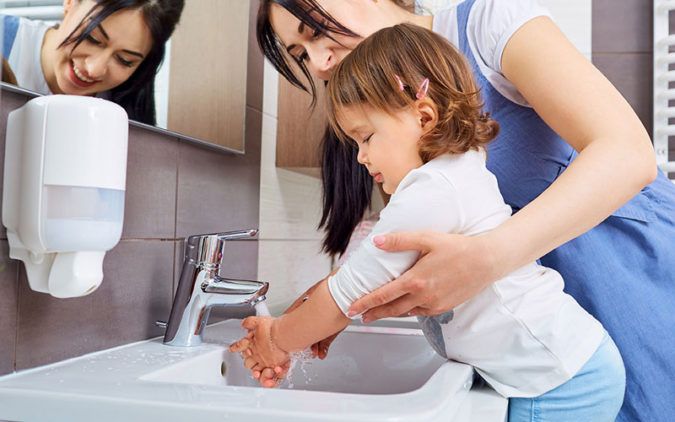

Children encounter lots of germs every day, everywhere they go. The first step to your child’s wellness routine should be teaching them how and when to wash their hands.

When a child exhibits challenging behaviors, it can be difficult to respond appropriately. Staying calm when your child’s behavior is out of control is essential for setting expectations; responding with frustration only adds fuel to the fire.
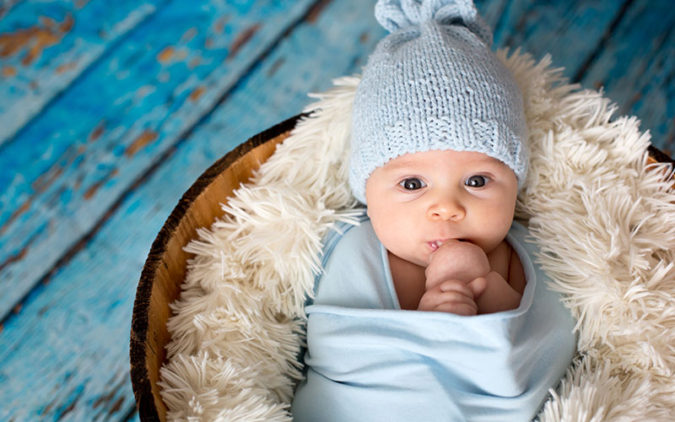
No baby comes with an instruction manual and for parents coming home with a new baby it can be exciting and scary at the same time. So, although your child doesn’t come with instructions, there’s plenty of good advice available to help you along the way.
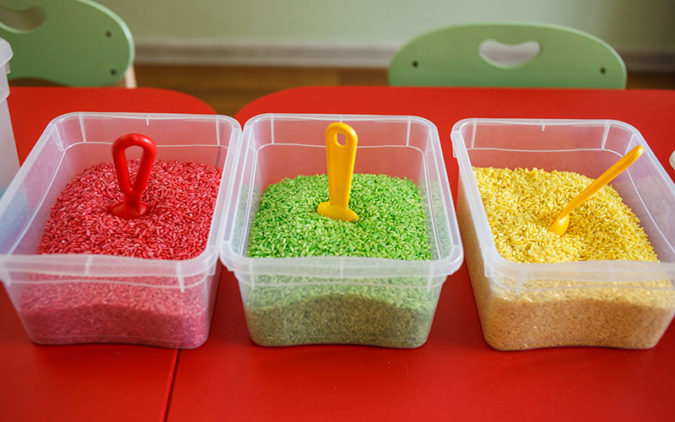
Looking for a fun activity for children to explore and make discoveries? Sensory bins foster creative and critical thinking, train sensual observation, strengthen vocabulary, and encourage the development of fine motor skills in young children. The best part of sensory bins is that you can make a variety of them to enhance your children’s active play at home, using materials you may already have on hand.
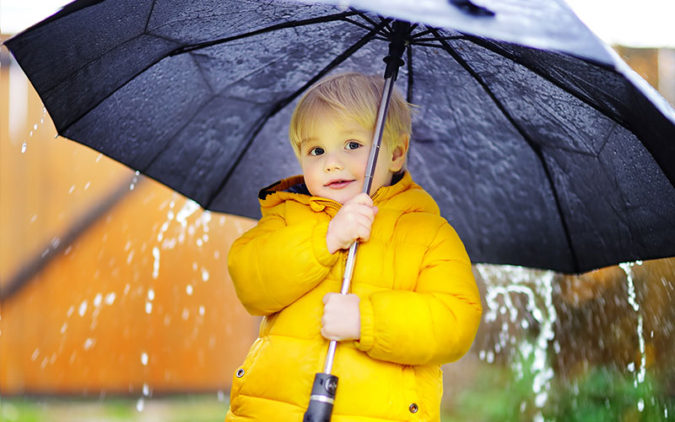
The power of nature can strike both awe and fear. Although some children get excited during storms, others find thunderstorms quite frightening. Although it’s important to educate children about the potential dangers of storms and how to practice storm safety, we also want them to feel safe and secure. All storms, mild or severe, seem to pass more quickly with happy children. The next time a storm is brewing, use the following tips to calm your child.
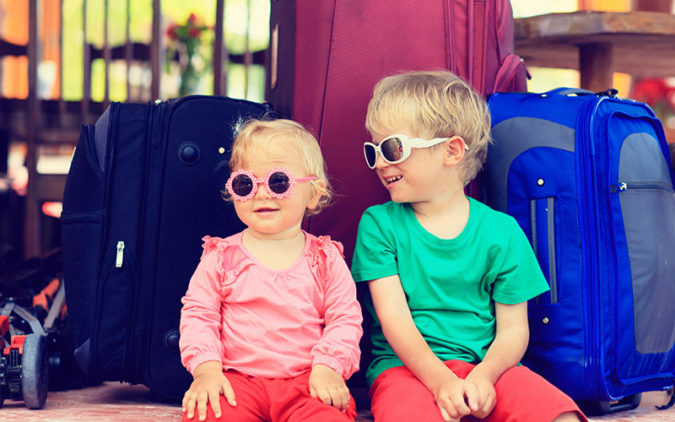
A well-planned family road trip not only gives you and your family a chance to see the country on the wide-open road, it also gives you a chance to spend lots of time together. To make sure your hours on the road are a pleasant, bonding experience for you and yours, be sure you’re well-prepared with the following road trips survival tips.
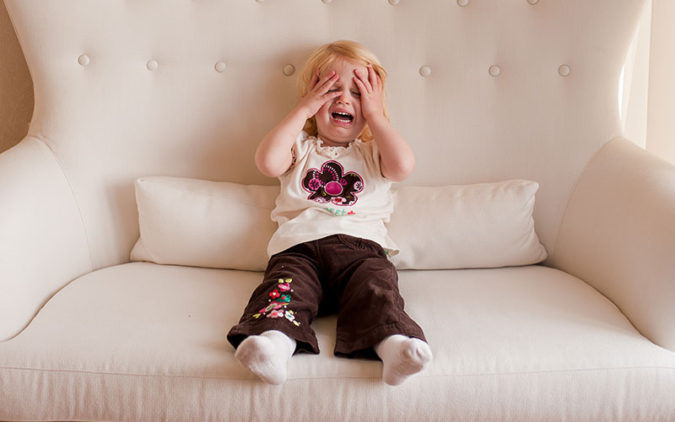
Toddlers develop, grow, and learn rapidly, and between 18 months and four years of age, it’s completely normal for children to test boundaries and want to do new things all by themselves. When they’re told “no” or struggle to pull on their own socks, it’s normal for unpleasant tantrums, meltdowns, and tears to burst forth from your frustrated child.
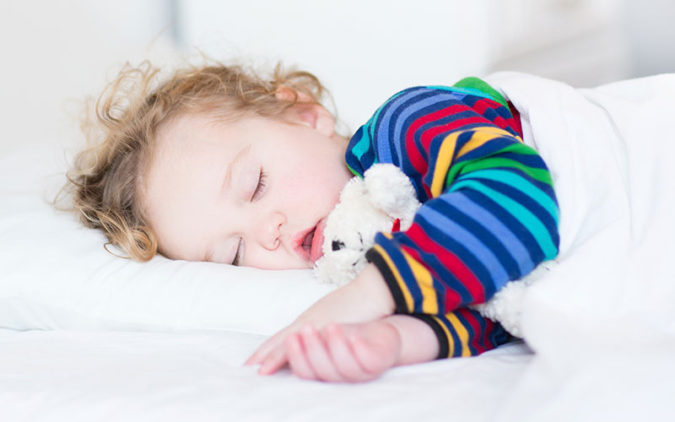
Having a set routine for any part of the day makes toddlers feel secure because they know what to expect and can even look forward to and take pleasure in anticipating the next step. This is even true for bedtime. So, if bedtime in your home tends to be more of a battle than a peaceful end of the day, a routine might be exactly what your wide-awake toddler needs to snuggle up and sleep through the night.

Early childhood is arguably the most important time during any child’s education. During the toddler and preschool years, children learn the basic skills that create the foundation which will support their future education and development. Positive experiences in school and child care during this time in your child’s life establish a springboard which will launch them into grade school with a good attitude, excitement for learning, and the social skills to make friends and confidently join groups.
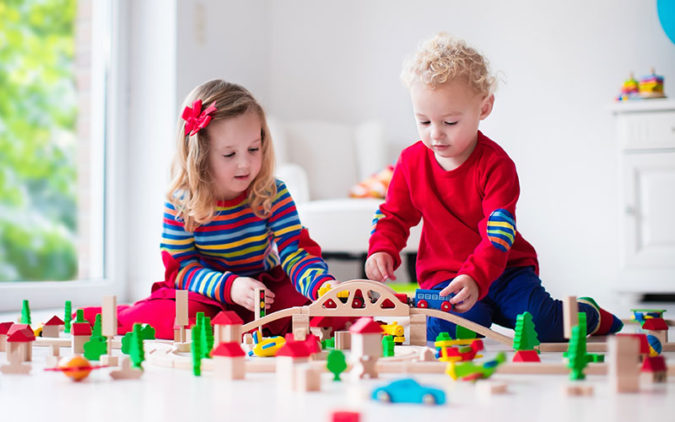
As adults, and probably even as eight-year-olds, we easily understand the concept and benefits of sharing. Toddlers and preschoolers, however, are still getting the hang of it. From a toddler’s perspective, sharing can mean getting to take toys from others or having toys taken away. While preschoolers are still learning the concept, they begin to understand sharing more completely.